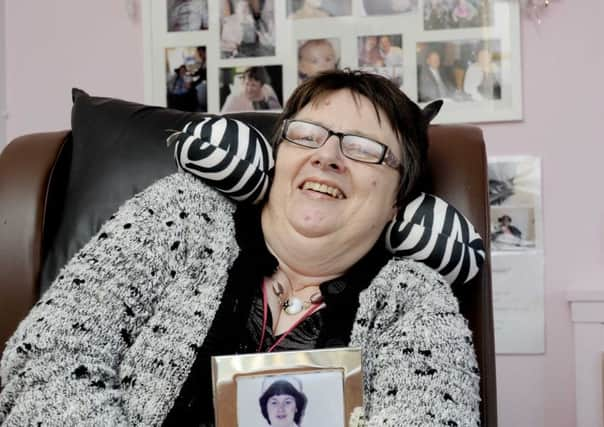Needs of patients with neurological conditions neglected


The Sue Ryder charity said this means younger adults with conditions such as Parkinson’s disease, multiple sclerosis and sudden brain injury can end up in care homes living with much older people.
The health and social care charity made Freedom of Information requests to every local authority and health board in Scotland. This revealed that only a third of local authorities know how many people with neurological conditions have been inappropriately placed in care homes for older people.
Advertisement
Hide AdAdvertisement
Hide AdThe charity said that if these findings were replicated across Scotland it would equate to nearly a thousand people, almost 250 people aged under 65, missing out on the specialist neurological treatment, support and rehabilitation they would receive in a specialist centre.
The report ‘Rewrite the Future’ also warns that the number of people with neurological conditions in older people’s care homes could be even higher as its research also exposed that none of the local authorities or health boards actually know how many people in their area are affected.
Pamela Mackenzie, the charity’s assistant director for Scotland, said: “Neurological conditions can strike anyone, at any time, turning their life and the lives of their loved ones upside down.
“Those affected can endure some of most painful and disabling symptoms of all health problems and this impacts on every aspect of their life, including their relationships, their children and their job. On top of this, they face an uphill struggle to get the specialist care they need whether in their own home or in residential care.
“It is clear from our research that the needs of people with neurological conditions have largely been overlooked in recent years.
“Now the true state of neurological health and social care services in Scotland has been revealed, we urge the Scottish Government to take immediate action to address these inequalities so people with neurological conditions get the chance of a better quality of life.”
Jamie Hepburn, MSP, minister for sport, health improvement and mental health, said: “The Scottish Government wants to see people receiving care in their own homes or as close to home as possible, as set out in our recently published clinical strategy.
“With this in mind, our 2016-17 budget sets out plans to invest a further £250 million per year through health and social care partnerships, to protect and grow social care services, and invest £11.6m to implement Self-directed Support.
Advertisement
Hide AdAdvertisement
Hide Ad“We also recognise the vital role specialist nurses play in patient care. This is why we committed £2.5m of recurring funding for specialist nursing and care, including up to £700,000 to specifically target MND care.
“The health boards involved are currently recruiting additional nurses, or increasing the hours of existing nurses in order to fulfil our pledge to double the number of MND nurses in Scotland. Some posts have already been filled and the remaining posts are expected to be filled by spring 2016.”
Margaret Watt, chairwoman, Scotland Patients’ Association, said: “These are ‘forgotten people’. This is a big, big problem and Scottish Government has a responsibilty to deal with it and put much, much more money into the health service.”